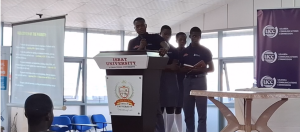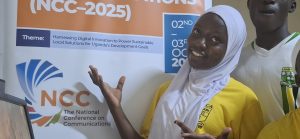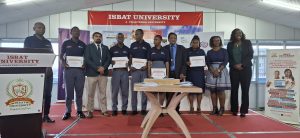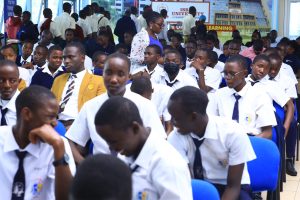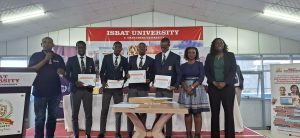Kibuli SS ICT Club Exhibits 10 Innovative Student Apps Inspired by New Curriculum
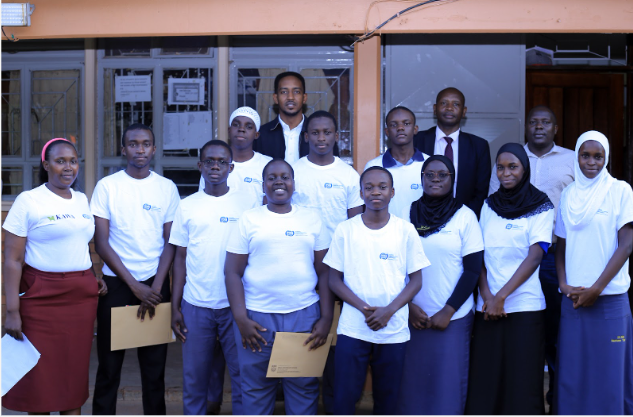
On a bright and inspiring day, students from Kibuli Secondary School ICT Club held a captivating exhibition, showcasing ten original mobile applications developed as part of their club activities under the revised competence-based curriculum. The majority of the innovators were Senior Two (S.2) and Senior Three (S.3) students, demonstrating exceptional creativity and technical skill for their age.
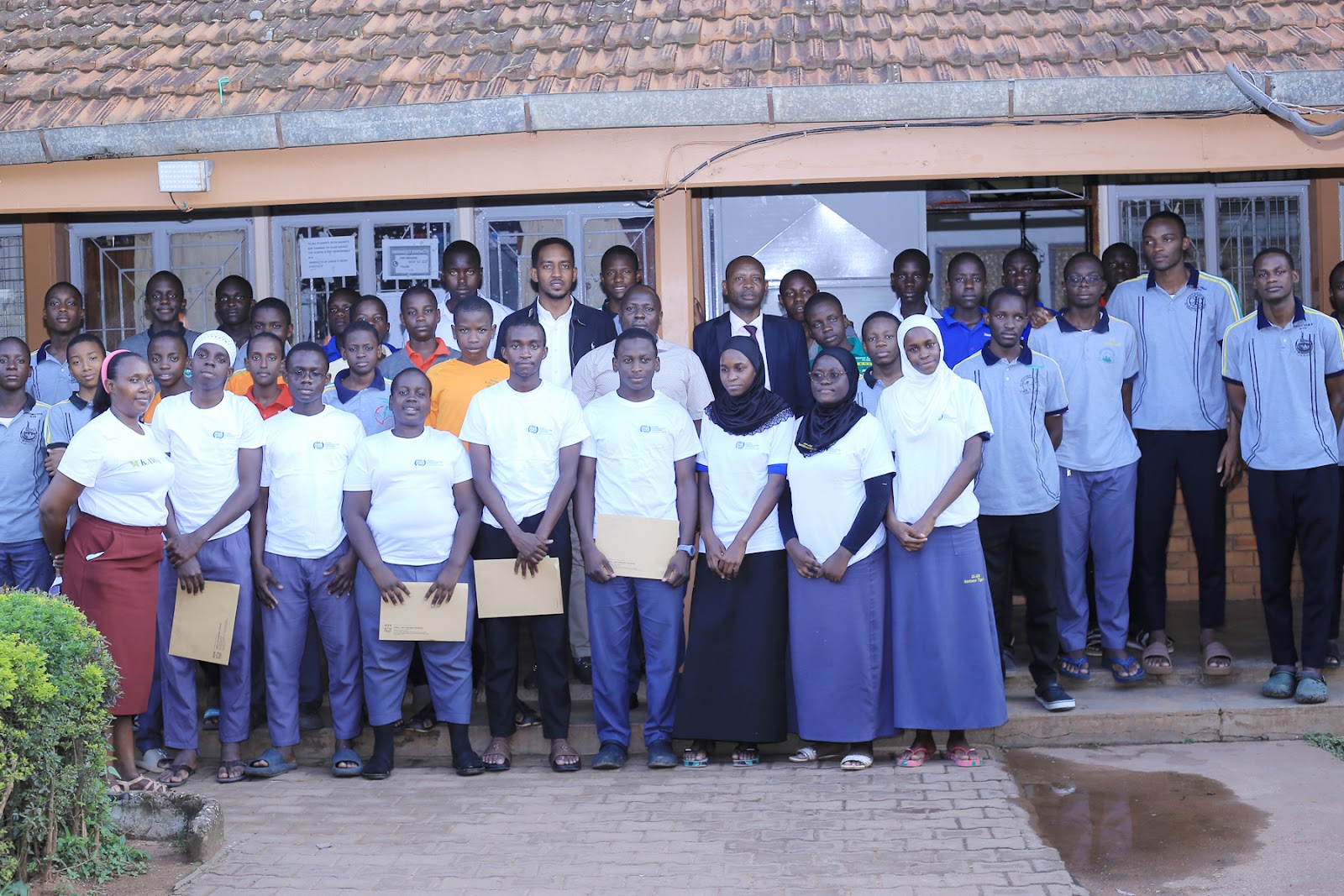
The showcased apps were not only technically impressive but also aligned with real-life challenges and learning objectives from the new lower secondary curriculum. Each application addressed issues ranging from environmental sustainability and personal health to financial literacy and civic engagement—offering solutions through technology that is both relevant and student-driven.
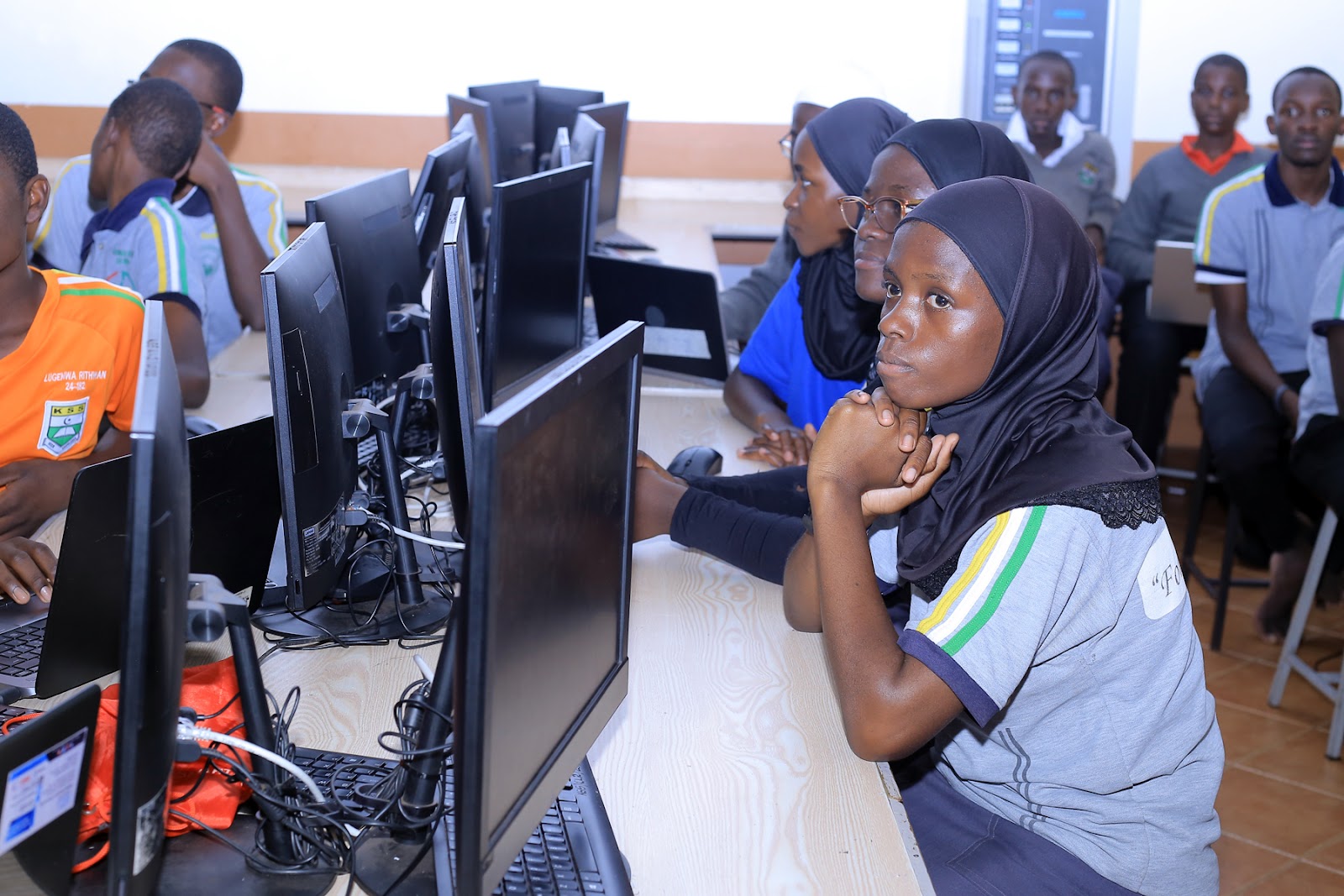
The success of this milestone event was largely attributed to Mr. Hood Nsubuga, the Head of ICT at Kibuli SS, whose dedication, mentorship, and technical guidance were instrumental in nurturing the learners throughout the app development process. His leadership provided the foundation for students to explore, experiment, and confidently present their ideas to both peers and invited guests.
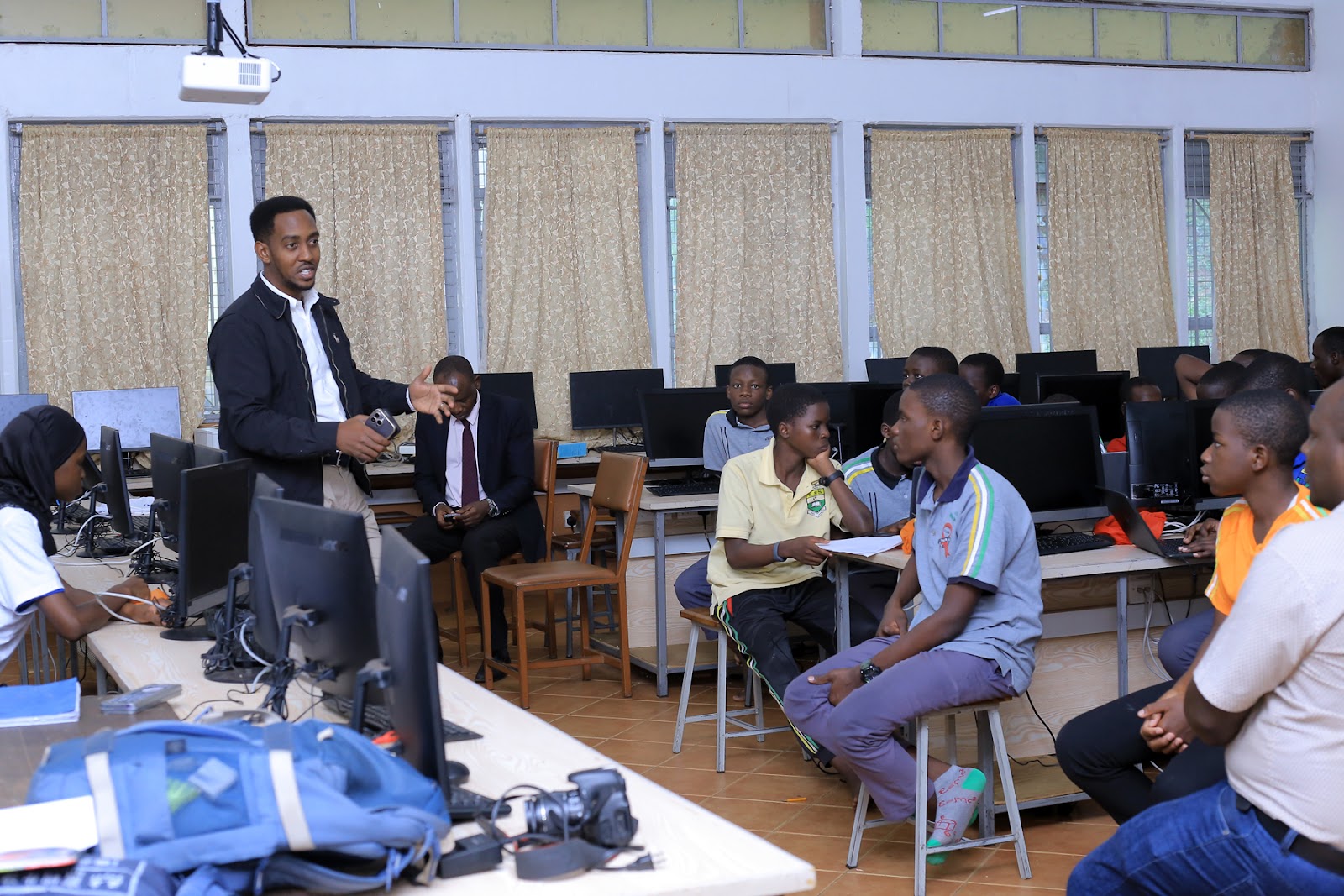
The event was further supported by KAWA Uganda (Kisubi Associated Writers’ Agency), who played a pivotal role in facilitating the exhibition, offering logistical and professional guidance, and strengthening the school’s connection to a wider network of ICT clubs. Additionally, the Uganda Communications Commission (UCC) was recognized for its unwavering support in promoting ICT inclusion across Ugandan schools, helping to equip and inspire students to become digital creators.
As the exhibition concluded, it was clear that Kibuli SS ICT Club is not only a hub of innovation but also a beacon of how Uganda’s new curriculum can be brought to life through project-based learning and technology. The energy, passion, and creativity displayed by the students offered a powerful vision of what the future of education in Uganda could look like when learners are empowered to create solutions for the challenges they study.

